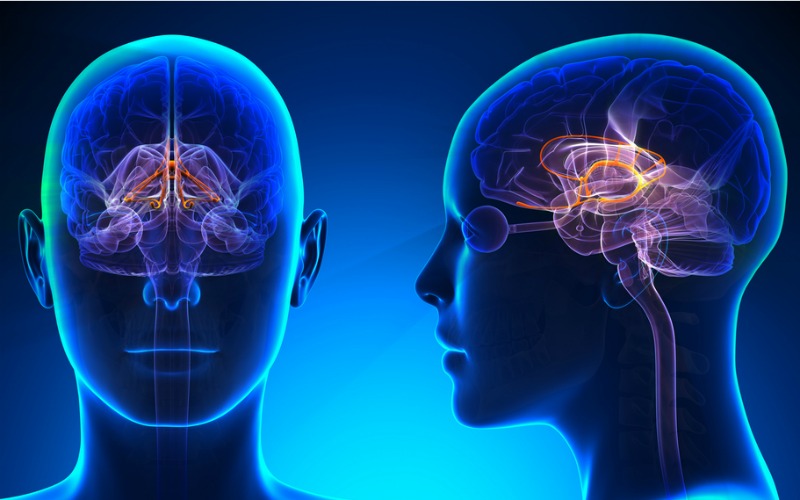In my last post, On Dreaming, I wrote of dreams being the brain’s mechanism for packing useful (hunh?!? – ‘who’ decides this?) information about the day’s events into permanent memory.
Interestingly, what the brain has experienced, whether in reality or virtually, is what is stored in memory, assuming the brain was able to successfully move items from short-term memory to long-term memory which is stored in a different part of the brain. Dreams are ephemeral, not even ‘experienced’ per se, unless you happen to be disturbed from your sleep and momentarily catch snatches of what you were just dreaming about: dreaming is a process, not an actual experience despite what we think. Neuroscientists postulate that dreaming is the brain’s mechanism for sorting through short term memory (today’s events), and filing them in longer term memory for future retrieval, or discarding them to our neurological trash can. Dreams themselves are not stored either in short nor longer term memory, which is why you usually don’t remember your dreams. Dreams are mostly[1]fragmented narratives about our past as our brains wrestle with the problem of where to file today’s event amongst all the old memories.
One neuroscientist[2] offers the view that emotions are neuronal circuits in the brain. It’s not the autonomic system that acts, and certainly not the ‘conscious mind’ that decides to act, it is the emotion trigger that is stimulated, and the brain acts, sending instructions to various parts of the body. Just as importantly, perhaps more importantly, the brain (primarily the limbic system) subsequently ‘decides’ whether and where to file that emotional event.
Take this metaphor: Long term memory in your brain is like a computer hard drive; a file you are working on and saved overwrites the file already there with the changes you have made, unless you give it a new name. You walk around the same block every day, your brain takes in all the information of the neighbourhood as it experiences it, but you don’t remember any of that except the exceptional change that you have observed. You don’t even notice the trivial information – it’s just a repeat of the information you already have – and so your brain does not file it. You may not even notice significant information if you were concentrating on some other task or stimulus – oh, what is that bird?; but you do notice that brand new Mustang parked on the street if that new Mustang ‘feels’ out of place; your brain takes a bit longer to record it somewhere in short-term memory, and then files it in long-term memory, maybe, during sleep; if that Mustang reminds you of another Mustang somewhere in your past, your brain has to figure out if the two Mustangs are the same, or different, and whether the event should overwrite the previous file or create a new file.
My sense is that most dreaming is rather uneventful, the brain has no real problems doing its daily housekeeping. But events that introduced conflict in the brain as to whether and where to file the event gives rise to the vivid or even lucid dream. The event was significant, and emotional, neuronally speaking, and it is this emotional conflict that is occurring during REM sleep, and if strenuous enough, we wake up.

Have you ever noticed, you rarely wake up to emotionally satisfying dreams? Mostly you don’t wake up at all because your busy little brain had no problem with its filing assignments most nights. If you wake up with a dream there’s usually some sort of conflict going on in it, some emotional trigger, enough to disturb your sleep. So even if you should be awakened by a positive dream there must still have been emotional triggers that prompted the recall, even if briefly.
Déjà vu may be a lot like that too. Déjà vu is a highly alembicated phenomenon, yet startling when it happens. But really, it’s a trick that our brains/minds have just played on us. Déjà vu is the impression we have that the thing we have just experienced, or are experiencing, has happened to us before, at some uncertain time in the past. In reality the brain [at least part of] is processing the event as it is happening (or nano-seconds afterwards) but the message hasn’t got to the pre-frontal cortex yet, arriving in our ‘conscious minds’ about 200 milliseconds later. So part of our brains ‘knows’ the event has already happened but the ‘mind’ experiences the temporal event, and the illusion of a past event, at the same time. And that’s why it feels so weird.
And that’s also why dreams feel weird too, only more so. In REM sleep the brain is thrashing around sorting and filing information into memory but manages to confuse images of something relatively current with events already filed in memory. And that’s why we experience dreams (if we experience them at all in some waking state) as a temporal jumble of time and place.
Most of my recalled dreams are temporal jumbles (and no doubt most of yours are too).
And now I am out of time and space again and will continue with this post in another fortnight for the final reveal of my dreams. I hope I’m fully clothed for the event.
Doug Jordan, reporting to you from Kanata Ontario
© Douglas Jordan & AFS Publishing
All rights reserved. No part of these blogs and newsletters may be reproduced without the express permission of the author and/or the publisher, except upon payment of a small royalty, 5¢.
[1] I say mostly, and that is because if our ‘conscious minds’ devote a lot of energy to imagining a desired future our brain may file that imagery as a past event. Our dreams of the future are really about our past that hasn’t happened yet.
[2] Lisa Feldman Barrett, ‘How Emotions Are Made’
